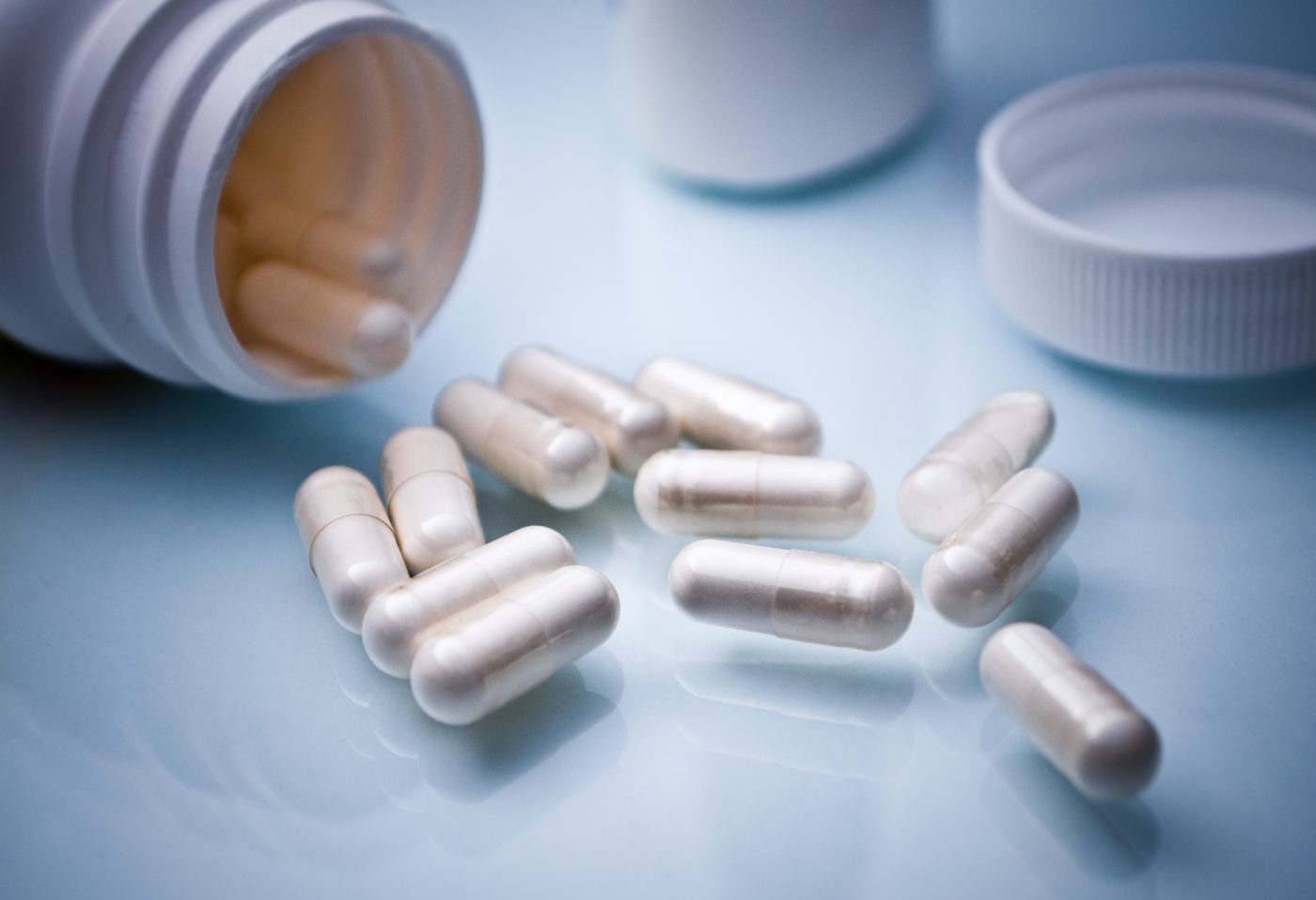IBS Laxative Linaclotide Can Help Manage GI Issues in Scleroderma
Written by |

Linaclotide, an oral medication to treat constipation, is safe and well-tolerated, and can be used to manage difficult-to-treat gastrointestinal (GI) complications in people with scleroderma, a study has found.
Results show that low-dose treatment with linaclotide is effective and may be better tolerated, though some patients may require higher doses.
The study, “Linaclotide for the treatment of refractory lower bowel manifestations of systemic sclerosis,” was published in the journal BMC Gastroenterology.
Lower GI tract complications can affect nearly 50% of scleroderma patients, and may result in defective nutrient absorption, recurrent pseudo-obstruction — a condition with similar symptoms to those of intestinal obstruction but with no physical blockage detected in exams — hospitalization, and death.
Linaclotide is approved in the U.S. to treat irritable bowel syndrome with constipation or chronic idiopathic (of unknown cause) constipation. It is a selective agonist of guanylate cyclase C, an enzyme that regulates several processes, including the regulation of intestinal fluid and mineral balance. Agonists are compounds that bind to a receptor and activate it, inducing a biological response.
Although linaclotide has been shown to be a safe and effective treatment for constipation, information on its effects is still lacking in those with scleroderma, also known as systemic sclerosis.
Researchers at the Johns Hopkins University School of Medicine analyzed the tolerability and benefit of linaclotide in scleroderma patients with refractory lower GI disease, followed at the Johns Hopkins Scleroderma Center between August 2012 and January 2019.
The team collected clinical data from the center’s registry. Included patients had reported symptoms of constipation despite the use of at least one other medication.
The study included 31 participants with a mean age of 52 years and a median disease duration of nine years (range of five to 14 years). Most patients were women (94%) and white (68%).
Patients were followed over a mean average of seven rheumatology or gastroenterology clinic visits (maximum 36 visits), through up to seven telephone or electronic messages about linaclotide usage, and a mean of eight contacts with physicians.
Apart from GI issues, commonly reported symptoms included dry eyes (84%), damage to the lungs (71%), and Raynaud’s phenomenon (61%) — a condition that makes the fingers and toes feel numb and cold in response to low temperatures or stress.
At the start of treatment with linaclotide, most patients (74%) had severe GI disease — as classified by a Medsger GI severity score of 3 or higher — including recurrent pseudo-obstruction, deficient nutrient absorption, and/or need for intravenous (through a vein) nutrition (three patients).
The participants were on linaclotide therapy for a mean duration of 22.6 months. Most (90.3%) responded to linaclotide when taken alone or in combination with other agents. Treatment response was defined as an improvement in the number of bowel movements, in stool consistency, and in ease of evacuation and/or associated complications (such as abdominal pain, distention, and bloating) in the absence of intolerable side effects and/or treatment, for at least one year.
Three patients (9.7%) found the treatment ineffective or had intolerable side effects.
The team then compared the response and side effects reported in people who required linaclotide daily in a low dose (under 145 micrograms) versus a high dose (more than 145 micrograms).
Low-dose linaclotide was used by 18 patients (58%) and was found effective in all but one (94%). High-dose therapy was effective in 11 of 13 patients (85%).
Common side effects included diarrhea, cramping, or bloating (in 11 participants, or 35%), and were more frequently reported in the low-dose group (50% vs. 15%). Reasons for discontinuing treatment included lack of efficacy — for one patient on the low dose and another on the high dose — cost, and abdominal pain.
“Our experience suggests that linaclotide is a safe and effective option in [scleroderma] patients with significant lower GI disease manifestations who have not responded adequately to other medications,” the researchers wrote. “Linaclotide now provides physicians with another therapeutic option for the management of such patients in the clinical setting.”
The researchers also wrote that the study was limited by the variability in collected data, the absence of a control group, relying on patient-reported treatment compliance, and not being able to identify who responds best to therapy.





